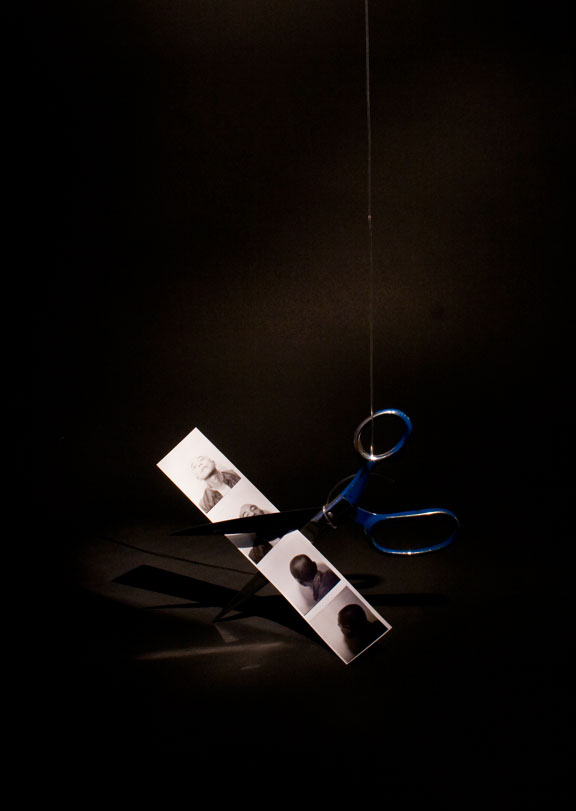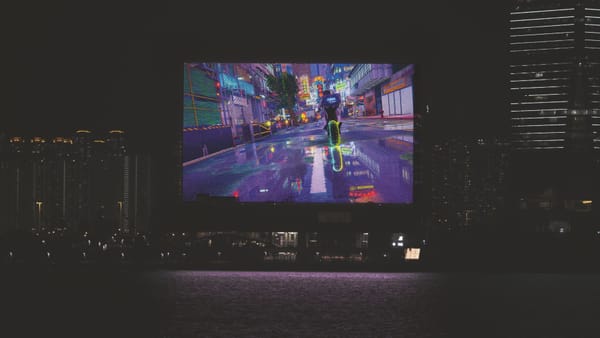People
Artists of the Year: Apichatpong Weerasethakul


The same week that Bangkok was erupting in violent political protests, the Cannes Film Festival jury awarded the Palme d’Or to Apichatpong Weerasethakul for Uncle Boonmee Who Can Recall His Past Lives (2010), his poignant feature film about an elderly man who returns to his village in the days before his death.
The 40-year-old independent filmmaker, the first Thai national to win the award, is known to the international film and art communities for his avant-garde techniques. Whether he introduces the credits halfway through his second feature Blissfully Yours (2002), or leaves in unscripted clips of actors chatting casually among themselves, he flouts cinematic conventions. In Thailand he is controversial for his outspoken advocacy of social justice and freedom of speech. Famously, Thailand’s film review board cut scenes from his 2006 feature, Syndromes and a Century, that depicted a monk playing a guitar, monks operating a remote-controlled UFO, a female doctor drinking alcohol in a hospital and a male doctor kissing his girlfriend. Apichatpong’s films express nostalgic feelings toward the Thai countryside and its culture, striking at the heart of cultural and economic divisions between Thailand’s urban and rural populations.
Apichatpong, who was also a finalist for the 2010 Hugo Boss Prize, screened his films in multiple solo shows this year. He exhibited his video Phantoms of Nabua (2009) at SCAI the Bathhouse in Tokyo (3/12–4/17), and again at the BFI Gallery in London (5/14–7/4) and Tranzitdisplay in Prague (9/30–10/31). Apichatpong also showed in a number of group exhibitions, such as the São Paulo Biennial (9/25–12/12), Media City Seoul (9/7–11/17) and “Animism” (1/22–5/2) at Museum van Hedendaagse Kunst Antwerpen in Antwerp, Belgium.







